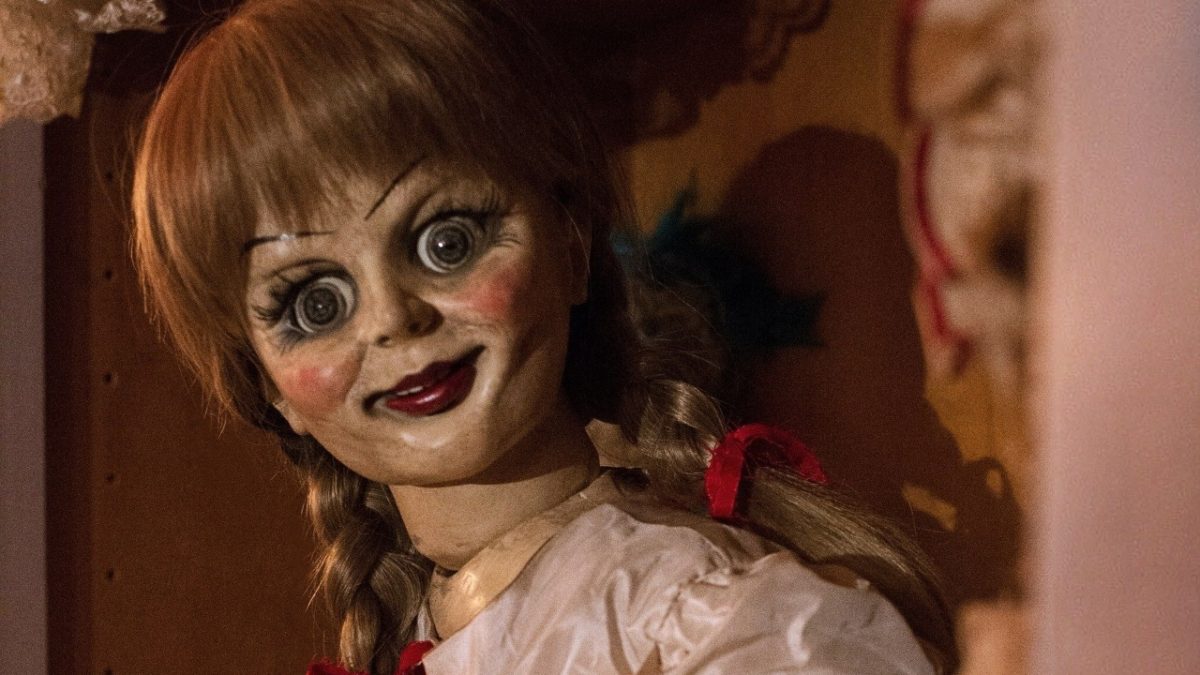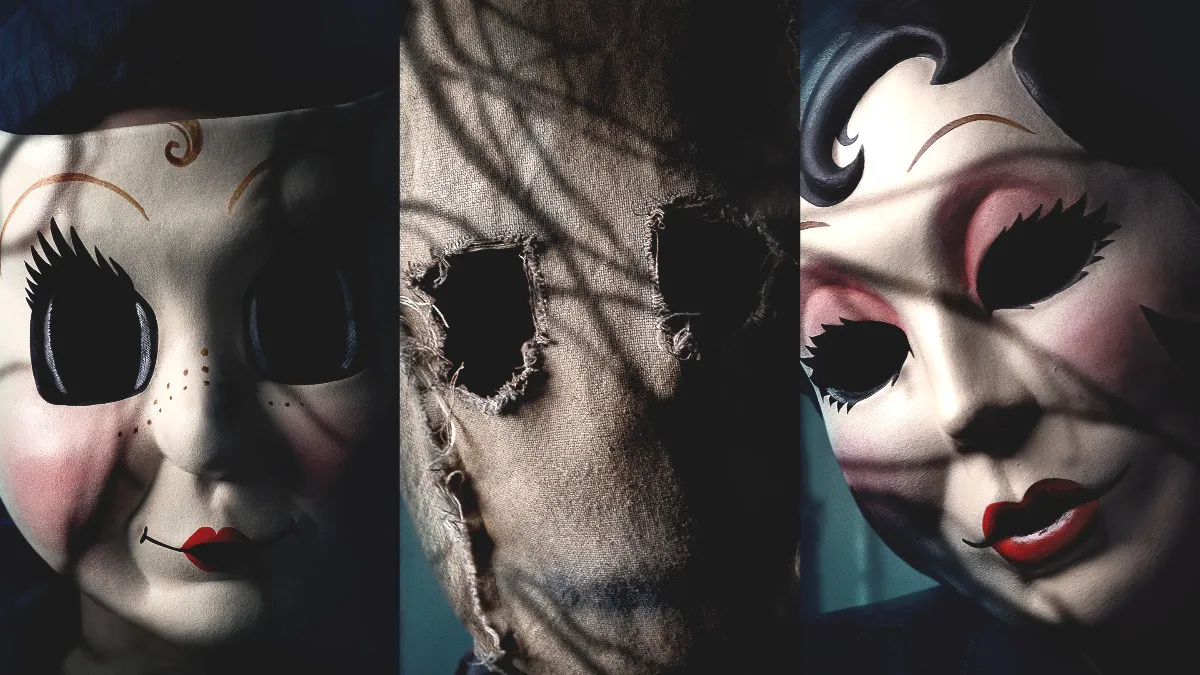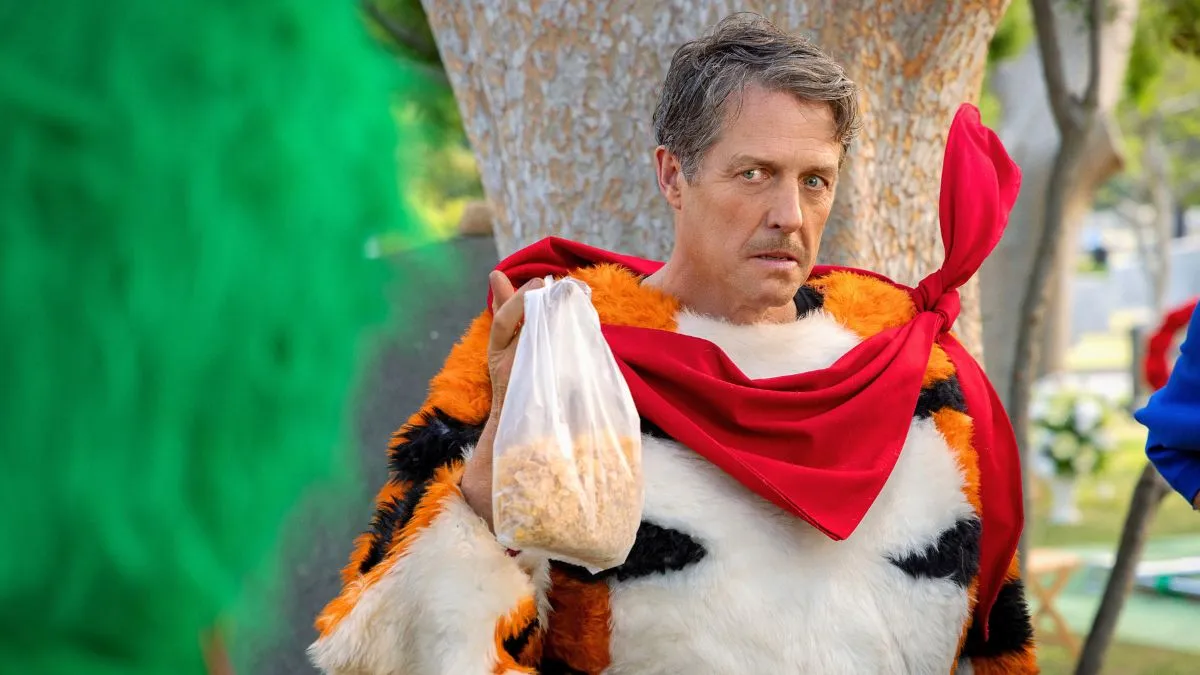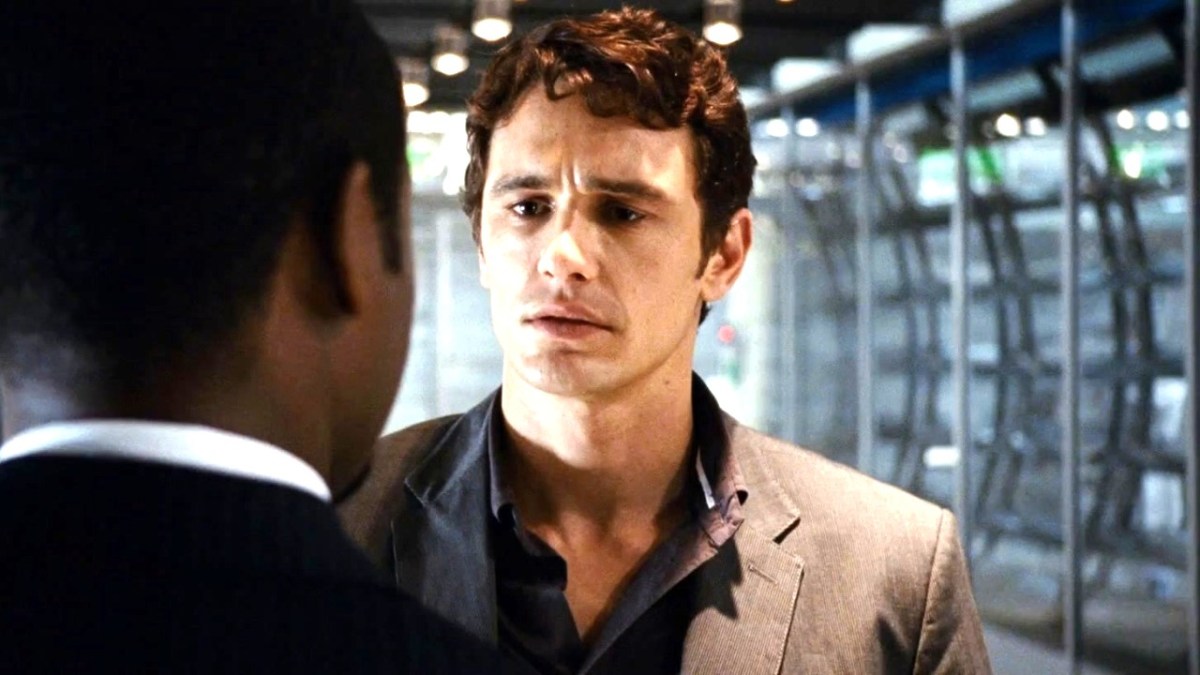
It’s a shame that Black Or White will only be remembered as another typical January release, because writer/director Mike Binder poses some very provocative questions about America’s current racial landscape – he just never gets around to answering them. Many films have previously begged audiences not to see race or color, only flesh and blood, but Binder emphasizes those wishes of coexistence by putting a child’s well-being at stake simply by playing the race card.
In a perfect world, there’d be unquestioned acceptance and a blind eye turned to physical differences, but we’re a hell of a ways away from a Utopian lifestyle, and the race card has transitioned from a social rights movement into an exploitable trump card in danger of losing credibility. Black Or White is a movie about love, commitment, and consciously assessing a situation that happens to involve parties of different color, but it’s sadly just a conversation starter that backs away from gutsier storytelling once the biggest issues rear their ugly heads.
Kevin Costner stars as Elliot Anderson, a recently widowed grandfather who’s left to raise his granddaughter Eloise (Jillian Estell) by himself after struggling through a life of sad hardships, which doesn’t sit well with Eloise’s other grandmother, Rowena (Octavia Spencer). In short, Eloise found herself being raised by her grandparents after Elliot’s daughter died during labor and her junkie boyfriend disappeared, which also instilled resentment in Elliot that was never forgotten. Eloise always has been Elliot’s little girl, and he treated her as such, but Rowena decides it’s time to file for custody now that her granddaughter only has a distraught lawyer with a drinking problem as her caretaker. Taking the case to court, Elliot fights to keep Eloise in a positive environment, far away from the crack-addict who abandoned her – but is it time for Elliot to give Rowena and her family a second chance? For Eloise’s sake?
Despite a dynamite cast that includes the likes of Bill Burr, Anthony Mackie, Gillian Jacobs, and the talents mentioned above, two lesser-known names end up leaving the strongest impression – young Jillian Estell and Mpho Koaho (Falling Skies). Costner’s drunk stumbling toes a line between blatant alcoholism and simply battling a bout of grief, but Estell elevates his presence by shaking the core of Elliot Anderson. She’s charming, on-point, and cute-as-a-button, but her biggest accomplishment is making the likes of Kevin Costner and Octavia Spencer seem more invigorated whenever they share a scene. Koaho has the same effect, except his strength is playing a well-educated tutor/driver whose awkwardness is damn hilarious, yet his genuine soul provides a much-needed moral compass compared to the other weightier themes being thrown around.
Unfortunately, it’s the rivalry between Costner and Spencer that drives Binder’s film, not Estell’s adorable antics, which boils down to nothing but a made-for-TV pleaser with a few racial yucks thrown in that emphasize a cliched class battle between Spencer’s hood-dwelling granny and just another rich white male with a taste for hard liquor. Every time it seems that Binder is onto uncovering something deeper about race relations, it’s like there’s a Hallmark panic button that he hits to deliver a sassy quip from Spencer, or a happy showing of compassion. Black Or White is a bit bipolar, struggling between conflicting personalities that want to be both a punchy social eye-opener and a glittery little family piece with a happy ending full of unicorn hugs and candy-coated-kisses.
It’s people’s choices that define them, not the color of their skin – had Black Or White attacked this theme with a ballsier mentality, there’d be far more to talk about than Bill Burr’s random anecdotal comments and stereotyped characters playing out a tired black vs. white debate that we’ve heard a billion times before (did Rowena really have to be serving purple drink the first time we see her house?).
At his best, Binder is able to separate race from character composition, but this is also his most frustrating quality, because each scene of humanistic struggle is counteracted with something fluffy and emotionless. Young Ms. Estell does shine as the film’s pint-sized scene-stealer, but the likes of Spencer and Costner are stuck playing characters who are more pawns than actual people, losing grasp of lasting, worthwhile commentary along the way. For some, it’ll be good ENOUGH as a story about Eloise’s case and family drama, but for those expecting Binder to explore narrow-minded thinking about racial issues, Black Or White fails to find an influential voice that stirs intrigue in the masses (something Dear White People was able to do, most recently).






